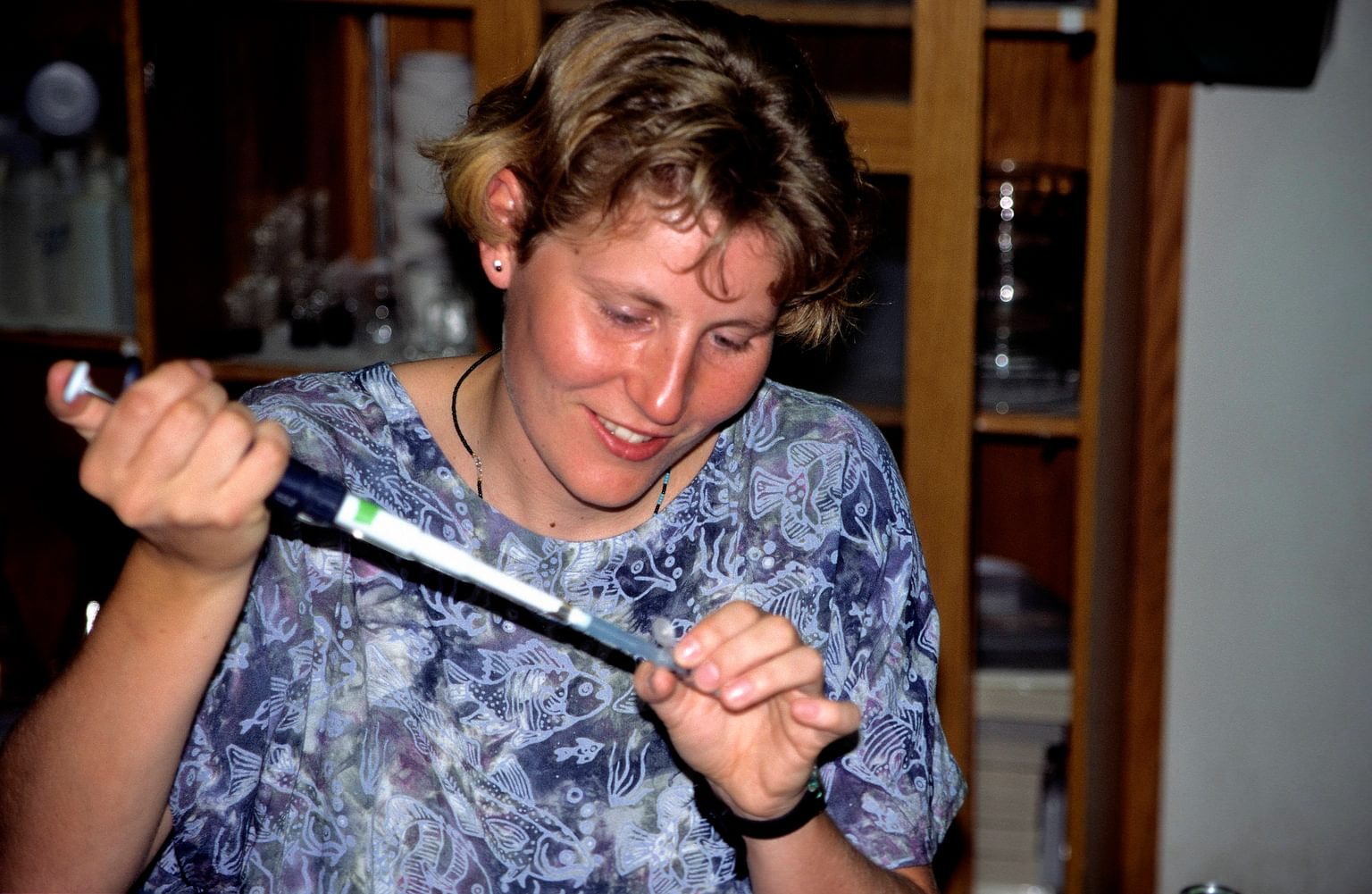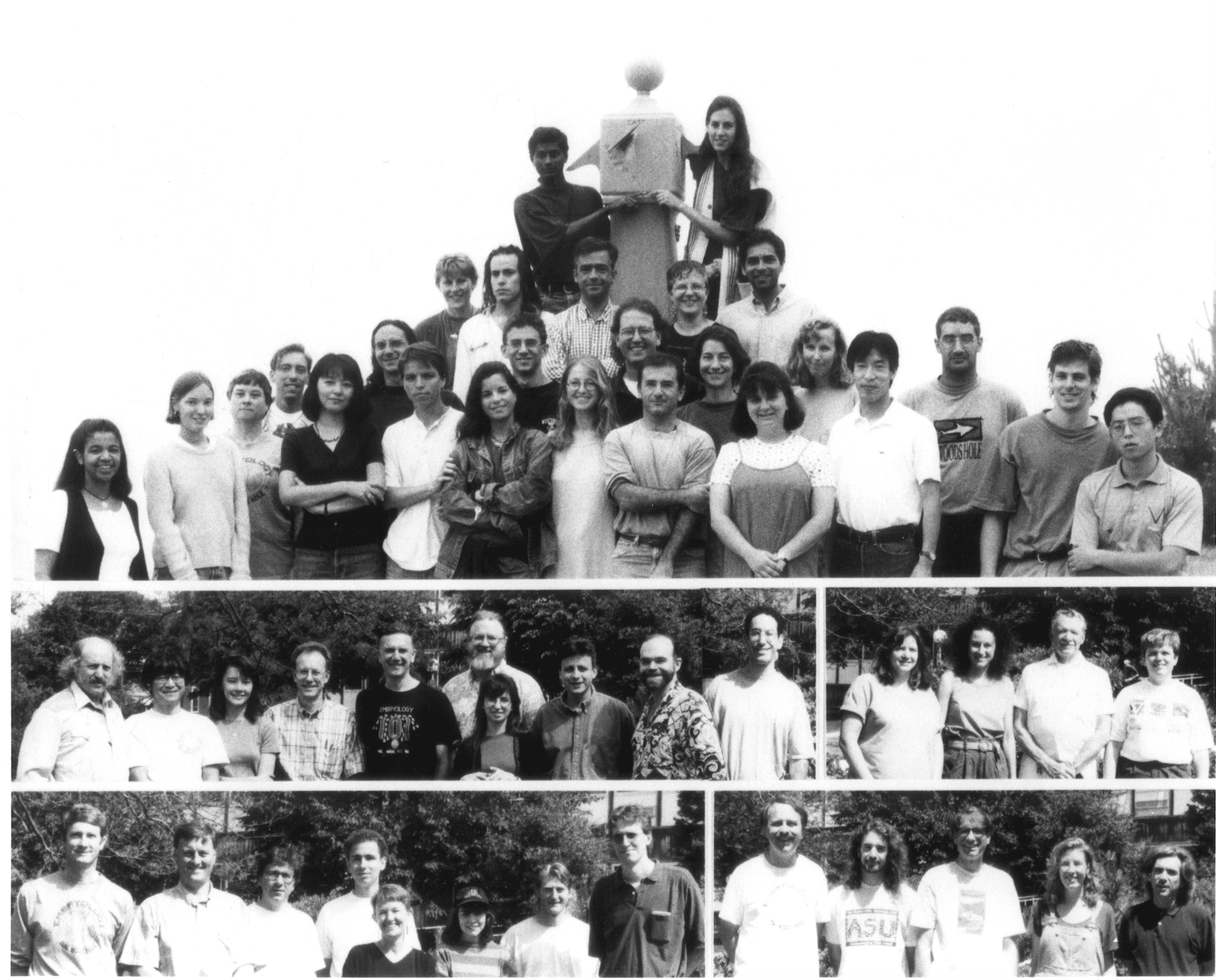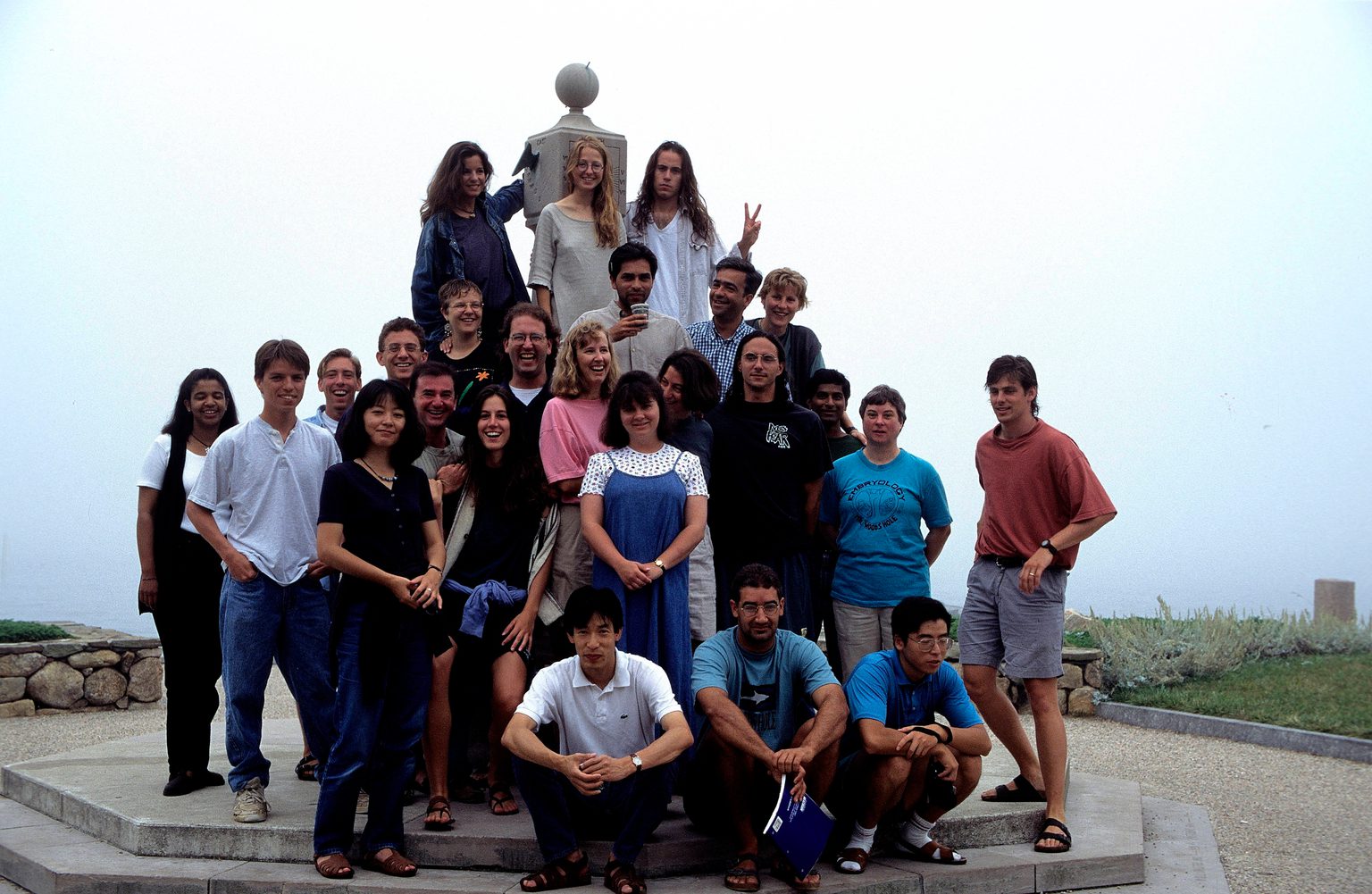News
03 October 2023
A lab with a view
The Stowers Institute for Medical Research has a new laboratory—with an ocean view.
Read Article
News
Nearly 30 years after taking the MBL's esteemed Embryology course as a student, Tatjana Piotrowski, Ph.D., has been named Co-Director.
In 1995, Stowers Institute Investigator Tatjana Piotrowski, Ph.D., was a student in the world-renowned Embryology course at the Marine Biological Laboratory in Woods Hole, Massachusetts. Now, nearly 30 years later, she has been named Co-Director of the esteemed training course. It’s a full circle moment for Piotrowski who will bring extensive experience to the prestigious role.
Known for her significant research exploring sensory organ system development and regeneration in zebrafish, the appointment marks a new chapter in her ongoing commitment to scientific education and mentorship.
"When I took the class in 1995, I never imagined I would be named Co-Director all these years later,” Piotrowski said. “Many students feel overwhelmed by the vast amount of knowledge and new techniques they learn because the coursework is intensive, but it’s an incredibly enriching experience that has significant impact on career trajectory."

Tatjana Piotrowski, Ph.D., at the MBL in 1995.
The MBL’s Embryology course, Embryology: Concepts and Techniques in Modern Developmental Biology, established in 1893, has produced numerous leaders in developmental biology and related fields. "Many Nobel Prize winners have been associated with the MBL," Piotrowski said, highlighting the MBL’s legacy of excellence and successful training methods. In total, six students and eight faculty associated with the course have become Nobel Laureates, and numerous others have emerged as prominent leaders and pioneers in their fields.
Piotrowski, who has taught the zebrafish module of the course for the past 12 years, will serve as Co-Director of the six-week laboratory and lecture course for the next four years. This year’s course will take place June 2 – July 15, 2024.
The embryology course is renowned for its transformative impact by providing technical skills and advanced training opportunities and instilling innovative thinking strategies and confidence in early-career scientists.
"This course often changes career paths,” Piotrowski explained. "Students are exposed to new research organisms and techniques that shape their future research projects and often their career trajectory. Additionally, the students get to use the latest, cutting-edge microscopes available – allowing them to perform imaging experiments they may not be able to do at their home institutions."

Embryology course students in 1995.
The course's unique blend of diverse students and top-tier faculty is a hallmark of its success. "It brings together students from all over the world and is taught by about 45 leading faculty members," Piotrowski explained. "They share their knowledge and research organisms, creating a rich learning environment. The dynamic interaction broadens students’ perspectives and sparks new research ideas.”
At the Stowers Institute, Piotrowski’s research focuses on foundational biological processes using various research organisms. She sees a natural synergy between the Institute’s mission to ask bold and far-reaching questions in biology and the opportunities at the MBL. "The MBL allows us to explore marine organisms not available inland," she explained, noting the valuable resources at the MBL’s Marine Resources Center.

Embryology course students in 1995.
The Stowers Institute recently opened a year-round satellite lab at the MBL to further enable its scientists and researchers to study marine organisms and collaborate with colleagues from around the world.
As Co-Director, Piotrowski aims to maintain the course's legacy while infusing it with new energy. "I hope to embolden students to tackle difficult questions and explore the best research organisms," she said. “The study of developmental biology and embryology is crucial to our understanding of how life works and, ultimately, is making a significant impact on human health. We’re in a special time for this field. Students will have new tools available to them, allowing them to make discoveries much faster.” she explained.
News
03 October 2023
The Stowers Institute for Medical Research has a new laboratory—with an ocean view.
Read Article
News

02 October 2023
A Stowers Science Writer reflects on a visit to Woods Hole
Read Article
Video
23 January 2023
Jeremy Sandler, Ph.D., a postdoctoral researcher at the Stowers Institute provided a #LookInTheLab highlighting the research happening in the Piotrowski Lab.
Read Article
Press Release
20 September 2022
New research used the highly regenerative zebrafish to investigate the timing and genetic programs of macrophages in the repair and regeneration of a zebrafish sensory organ.
Read Article
